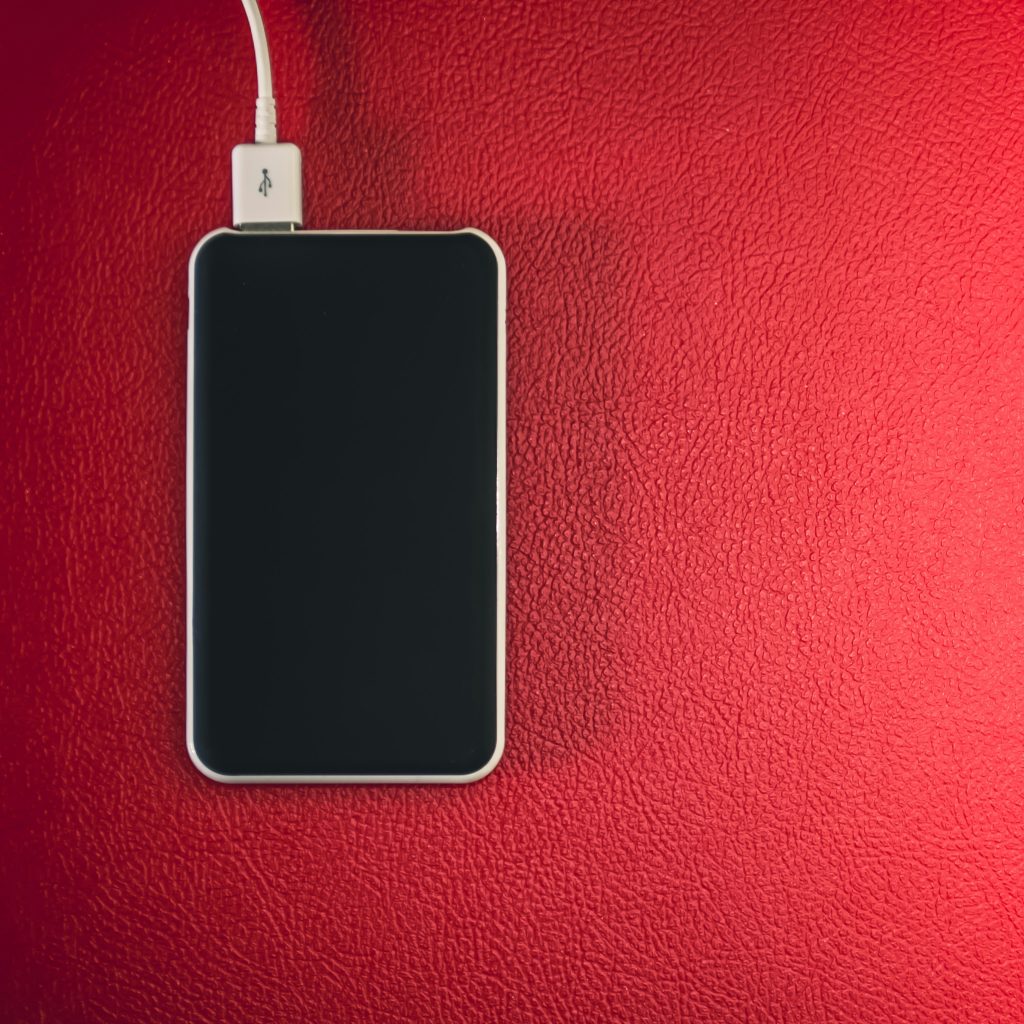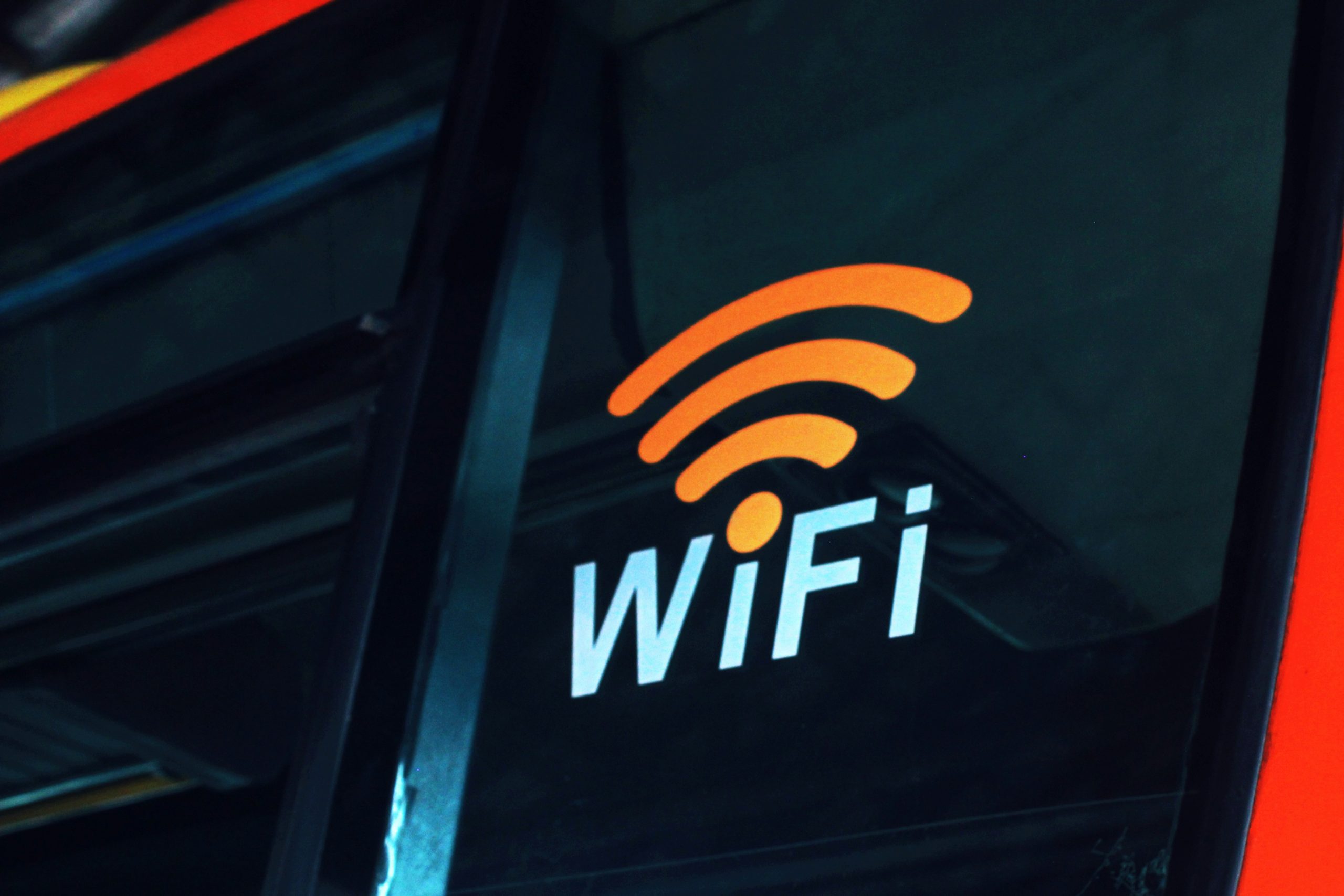Wi-Fi 7 Explained: Is It Worth the Upgrade?
1 Introduction: The Next Leap in Wireless
1 Briefly explain what Wi-Fi 7 is.
2 Why it’s being called the “future of connectivity.”
2 What is Wi-Fi 7?
1 Technical name: IEEE 802.11be (a.k.a. Extremely High Throughput).
2 Key difference from Wi-Fi 6/6E: faster speeds, lower latency, better stability.
3 Key Features
1 Faster Speeds: Up to 46 Gbps (theoretical).
2 Wider Channels: 320 MHz channel support for less congestion.
3 Multi-Link Operation (MLO): Simultaneous connections on multiple bands.
4 Lower Latency: Great for gaming, AR/VR, streaming.
5 Backward Compatibility: Works with older devices.

4 Real-World Benefits
1 Faster downloads, buffer-free streaming.
2 Seamless video conferencing even on busy networks.
3 Future-proofing for smart homes, IoT, and AR/VR devices.
5 Do You Need to Upgrade?
1 If you have Wi-Fi 6 or 6E, you may not feel a big difference yet.
2 Ideal for: gamers, remote workers, AR/VR enthusiasts, large households.
3 Consider waiting until devices and ISPs catch up.

6 Potential Downsides
1 Early adopter costs (routers are expensive).
2 Limited device support in 2025 (phones/laptops must support Wi-Fi 7).
3 ISP speed bottlenecks may make benefits negligible.
Conclusion
1 Summarize who should upgrade now vs. wait.
2 Final verdict: great for future-proofing, not mandatory yet.






